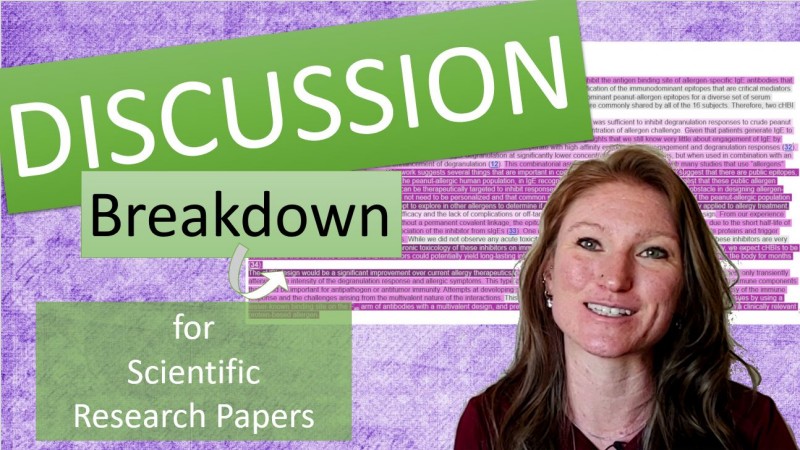When it comes to our mental health, many now rely on apps to provide support. But in this digital age, a critical question arises: “How secure is mental health app data privacy?” Today, we delve into this issue, offering insights and advice to help users guard their personal information.
The rise of mental health apps has revolutionized the way we manage our well-being. They offer convenient access to therapy, meditation guides, stress management tips, and more. However, data privacy has become a pressing concern for users, as these apps often handle sensitive information.
A 2024 study published in the Global Journal of Digital Health revealed that approximately 60% of mental health apps shared user data with third-party companies. This statistic underscores the importance of understanding the data privacy policies of the apps we use.
So, how can you ensure the safety of your personal information? First, read the privacy policy of any mental health app you plan to use. This document should outline what data they collect, how it is stored, shared, and protected. If the policy is vague or missing crucial details, consider it a red flag.
Secondly, limit the amount of personal information you provide. Some apps may request details that aren’t necessary for their services. Remember, the less data you share, the less risk you carry.
Thirdly, check the app’s security measures. Reliable mental health apps should use encryption to protect your data and have a robust system for managing potential security breaches.
Another factor to consider is whether the app shares data with third parties. The aforementioned 2024 study also found that many apps shared anonymized data with advertisers and analytics companies. While anonymization can reduce privacy risks, it doesn’t eliminate them entirely.
Therefore, it would be wise to choose apps that limit third-party data sharing or, at least, provide clear information about who these third parties are.
Finally, regularly review and update your privacy settings. Apps often update their policies, and staying aware of these changes can help you maintain control over your data privacy.
In conclusion, while mental health apps can be valuable tools for managing well-being, users must remain vigilant about their data privacy. By thoroughly understanding privacy policies, limiting shared information, and staying updated on policy changes, you can enjoy these digital resources with peace of mind.
Remember, your mental health is important, and so is the privacy of the data you share. Don’t compromise on either.












 : eval()'d code(1) : eval()'d code(1) : eval()'d code(1) : eval()'d code</b> on line <b>2</b><br />
https://mindbodyfuell.com/wp-content/themes/baobao/default.jpg)
